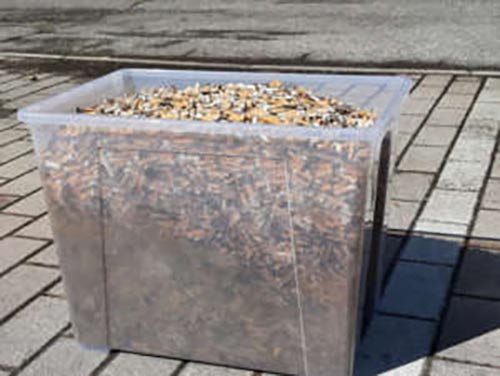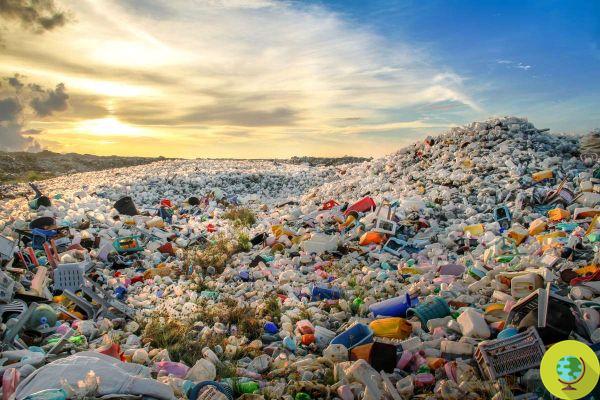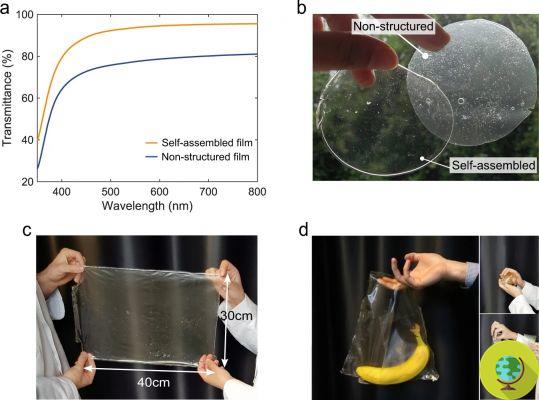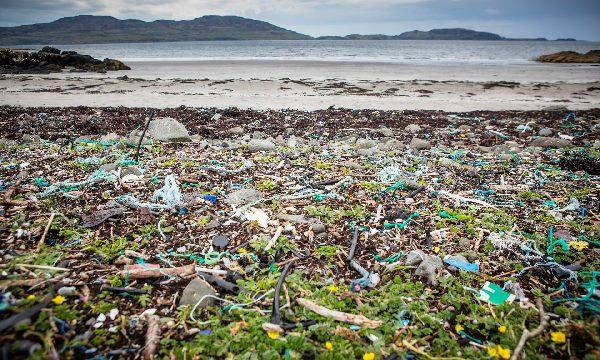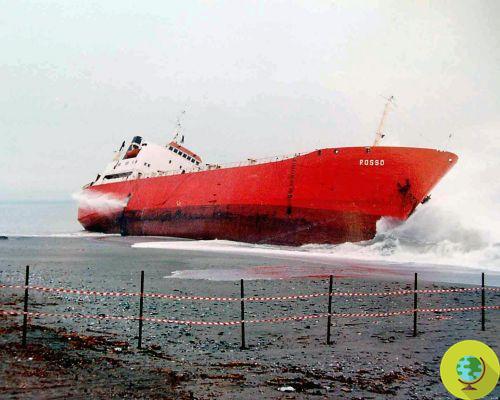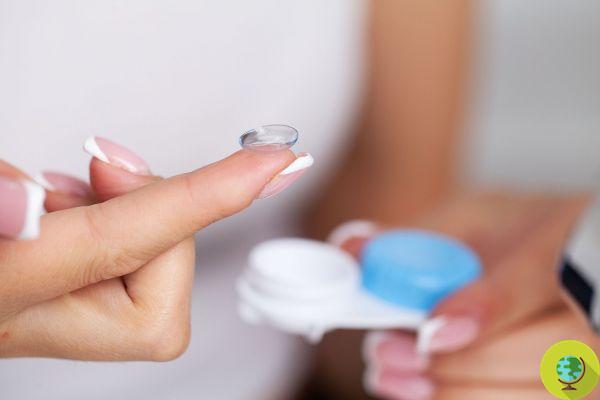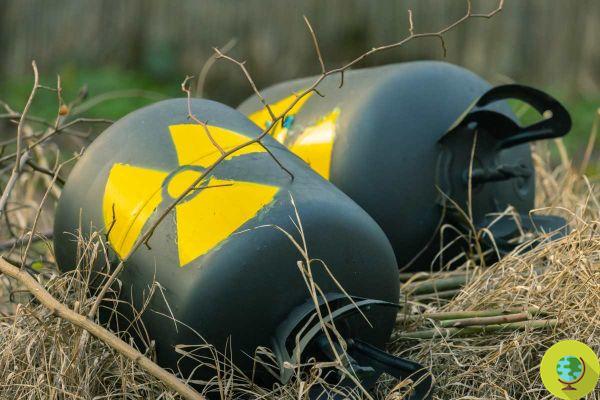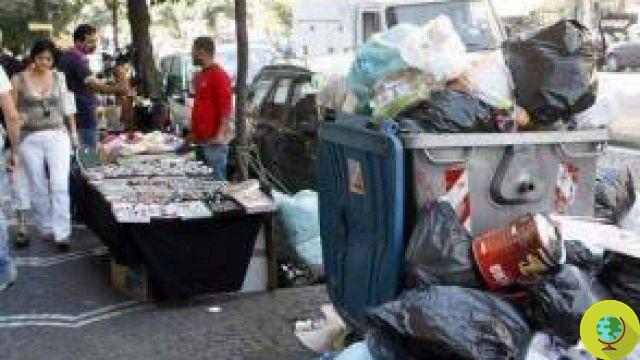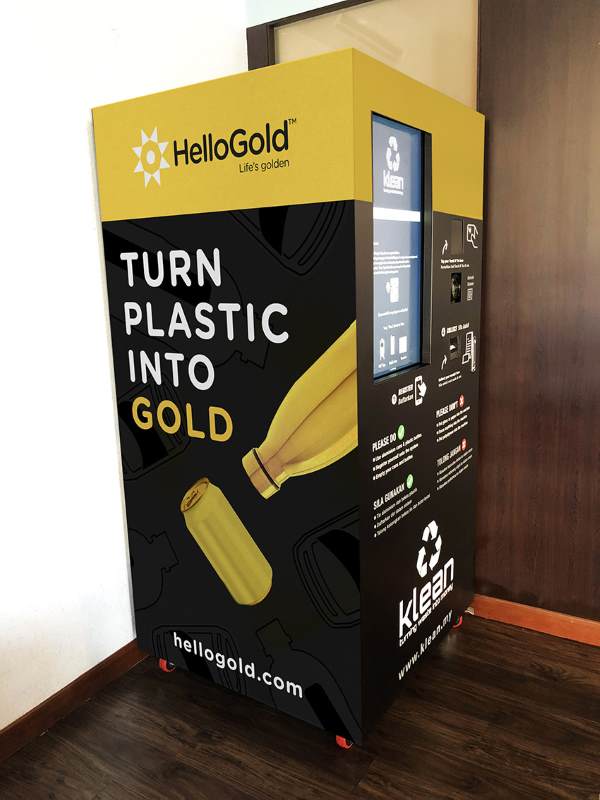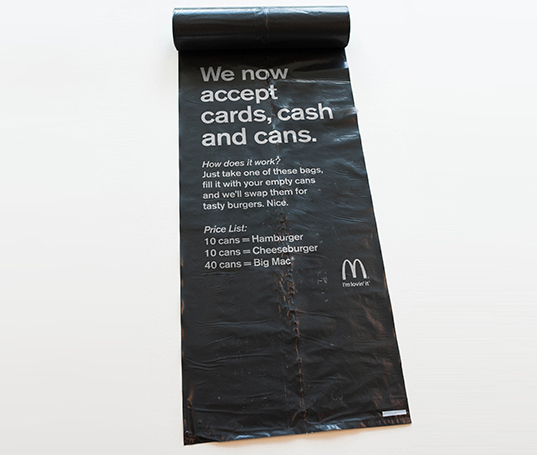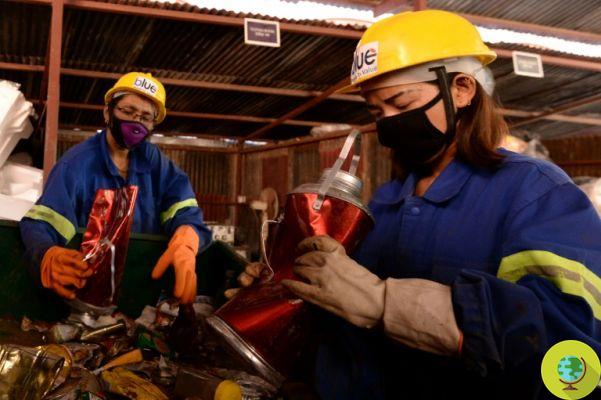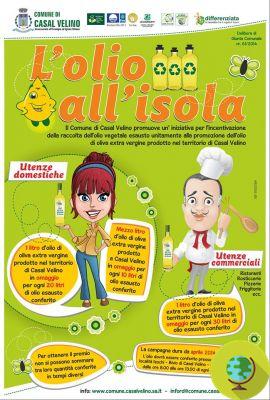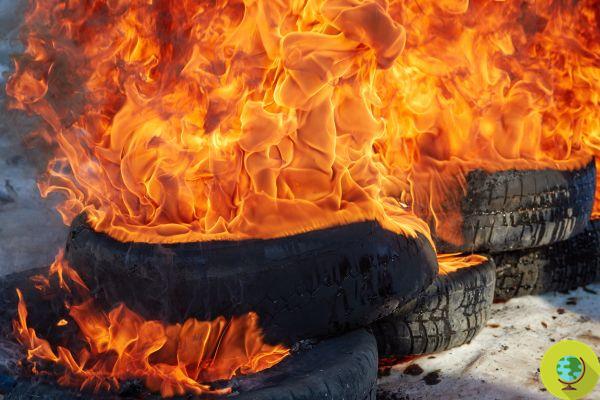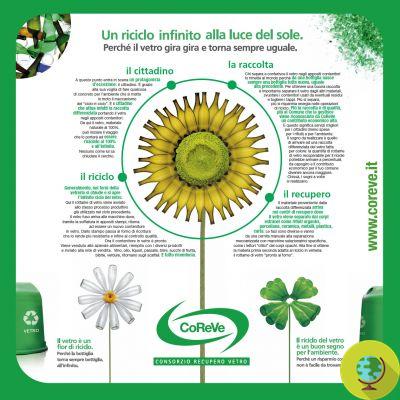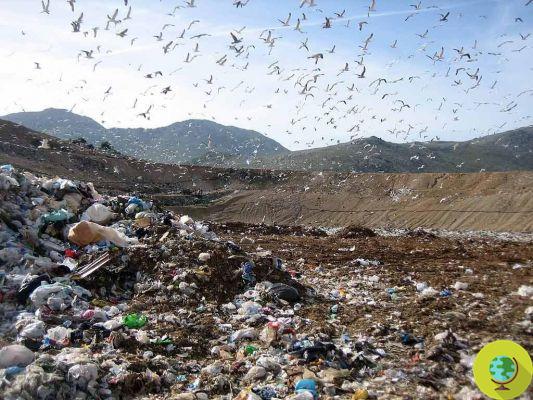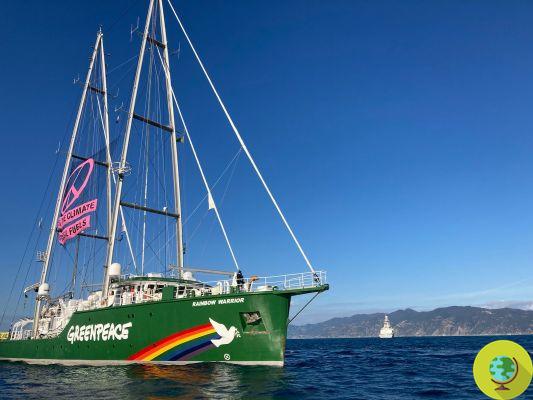A new international study published in Science has found that the Tyrrhenian Sea contains the highest concentration of microplastics in the world
Microplastics alarm in the Tyrrhenian Sea. A new study conducted by an international research team has found that the Tyrrhenian Sea hosts a much higher amount of waste than estimated to date. In the area between Tuscany, Lazio, Sardinia and Corsica, scientists counted up to 1,9 million fragments in a single square meter.
Figures that make you pale. The problem of microplastics in the seabed around the world is far from solved and affects us very closely. The concentration of microplastics in the Tyrrhenian Sea presents i highest values ever recorded in the deep seabed: up to 182 fibers and 9 fragments were found per 50 g of dried sediment at the base of the Sardinian continental slope.
These values far exceed the highest levels previously recorded, including those from trenches located in deep water and are more than double that documented in underwater canyons.
Over 10 million tons of plastic waste ends up in the oceans every year but it represents less than 1% of the plastic that ends up in the sea. The remaining 99% probably ends up in the depths of the oceans but so far the fate is not known with certainty.
The microplastics on the seabed consist mainly of textile and clothing fibers that are not effectively filtered by wastewater treatment plants so they end up reaching rivers and seas. The new study also showed how deep-sea currents literally act as Conveyors, causing small pieces and fibers of plastic to move across the seabed.
These currents can concentrate microplastics within huge sediment accumulations, which they have termed "microplastic hotspots".
“Almost everyone has heard of the infamous floating plastic islands, but we were shocked by the high concentrations of microplastics we found in the seafloor. We found that microplastics are not evenly distributed in the study area; instead they are distributed by powerful currents on the sea floor which concentrate them in certain areas, ”said the study's lead author, Dr. Ian Kane of the University of Manchester.
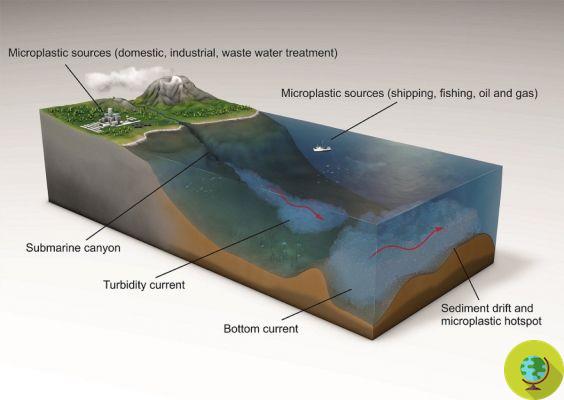
©Manchester University
The team collected sediment samples from the bottom of the Tyrrhenian Sea and combined them with deep ocean current models and detailed seafloor mapping. In the laboratory, the microplastics were separated from the sediments, counted under the microscope and further analyzed by infrared spectroscopy to determine their types. Using this information, the team was able to show how currents controlled its distribution.
This is not the first study of its kind:
Still, deep ocean currents carry water and nutrients, which means microplastic hotspots can also host important ecosystems.
The study thus provides the first direct link between the behavior of these currents and the concentrations of seabed microplastics, and the results will help predict the locations of other microplastic hotspots in deep water.
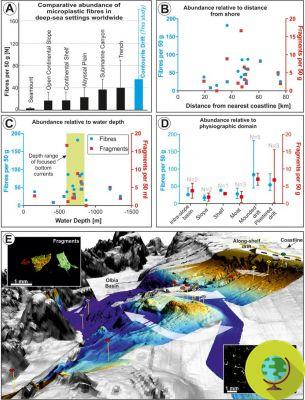
©Science
"The results highlight the need for policy interventions to limit the future flow of plastics in natural environments and minimize impacts on ocean ecosystems," added Dr. Mike Clare of the National Oceanography Center, co-director of research.
The study was published in Science.
Sources of reference: University of Manchester, Science
READ also:
Microplastics are also found in common bottled waters and flasks: the fault lies with the caps. I study
There is a plastic island in the Tyrrhenian Sea, between Corsica and Elba




